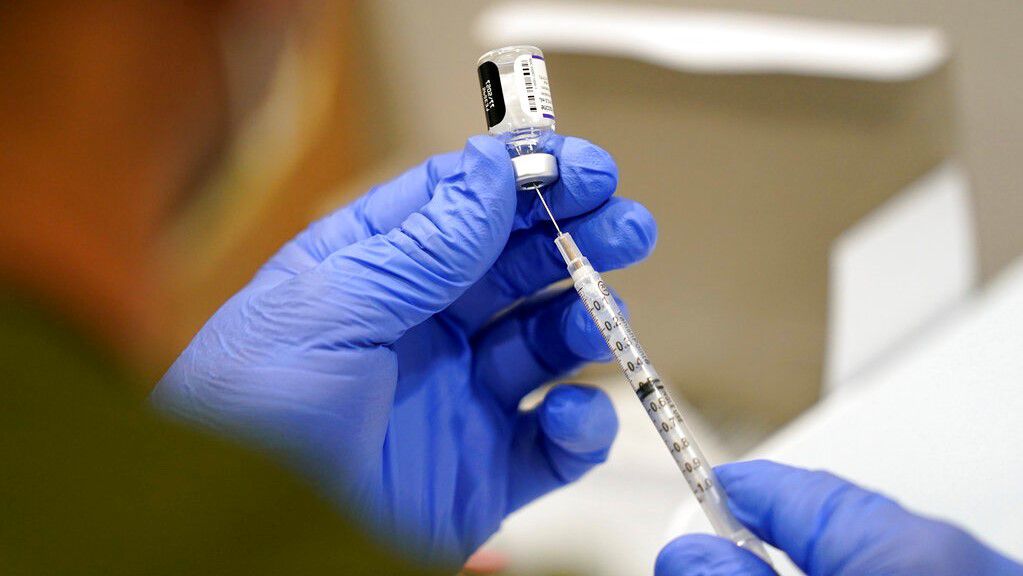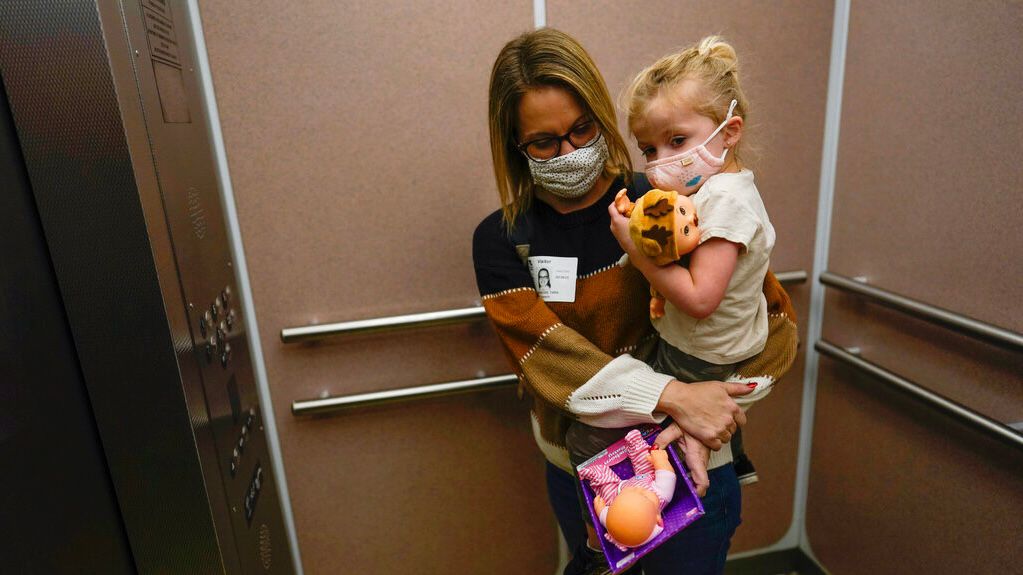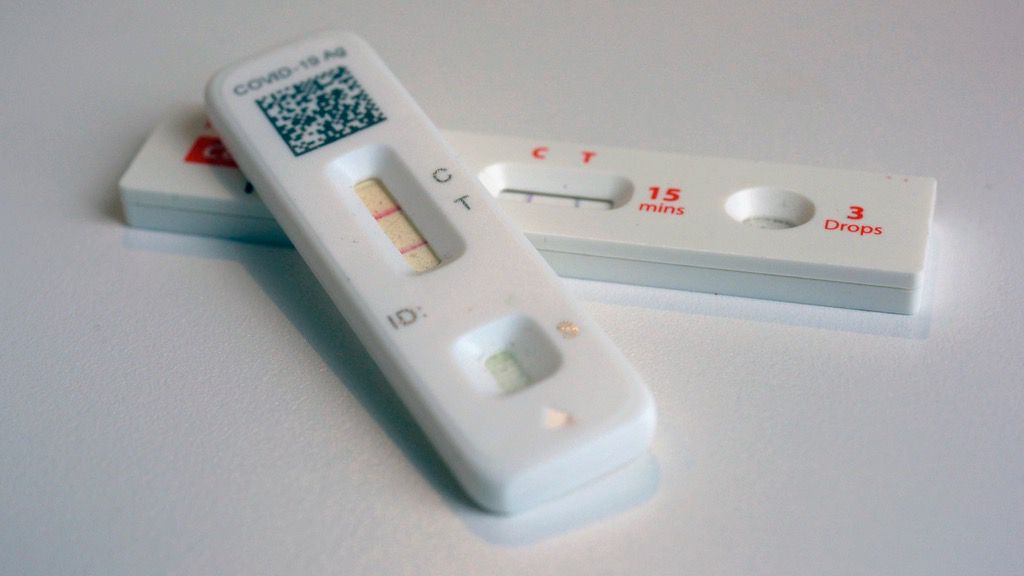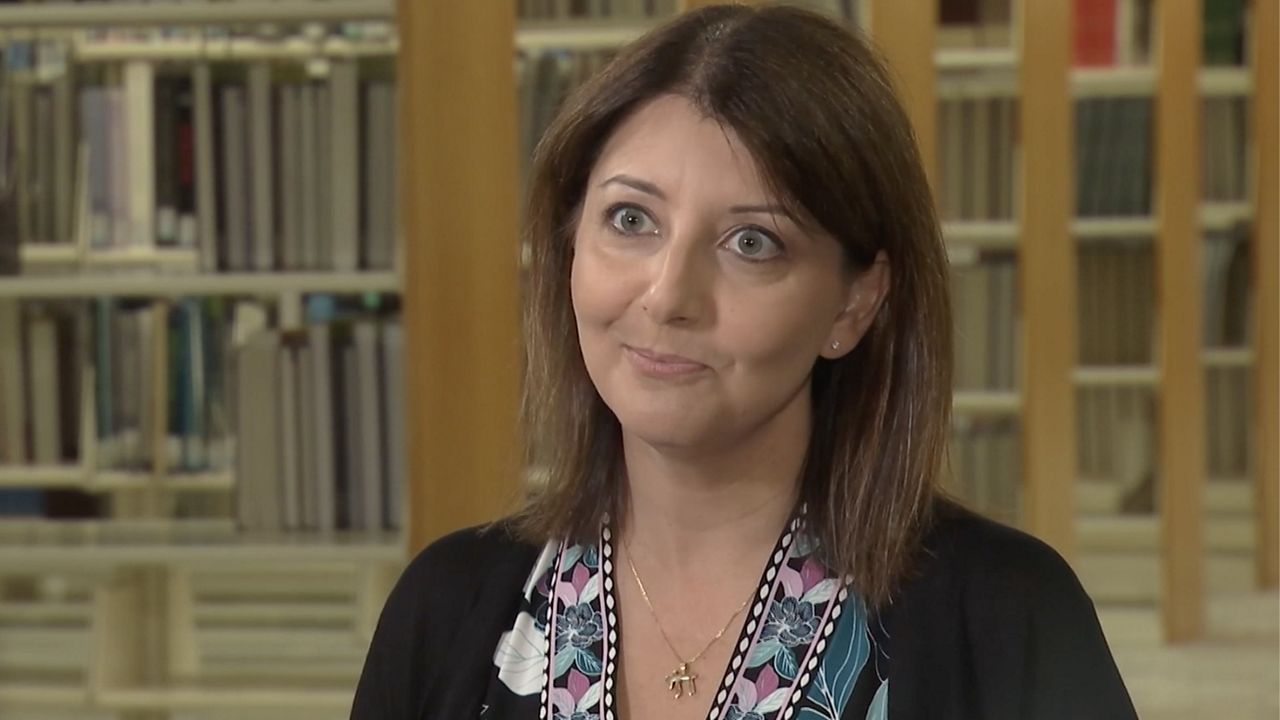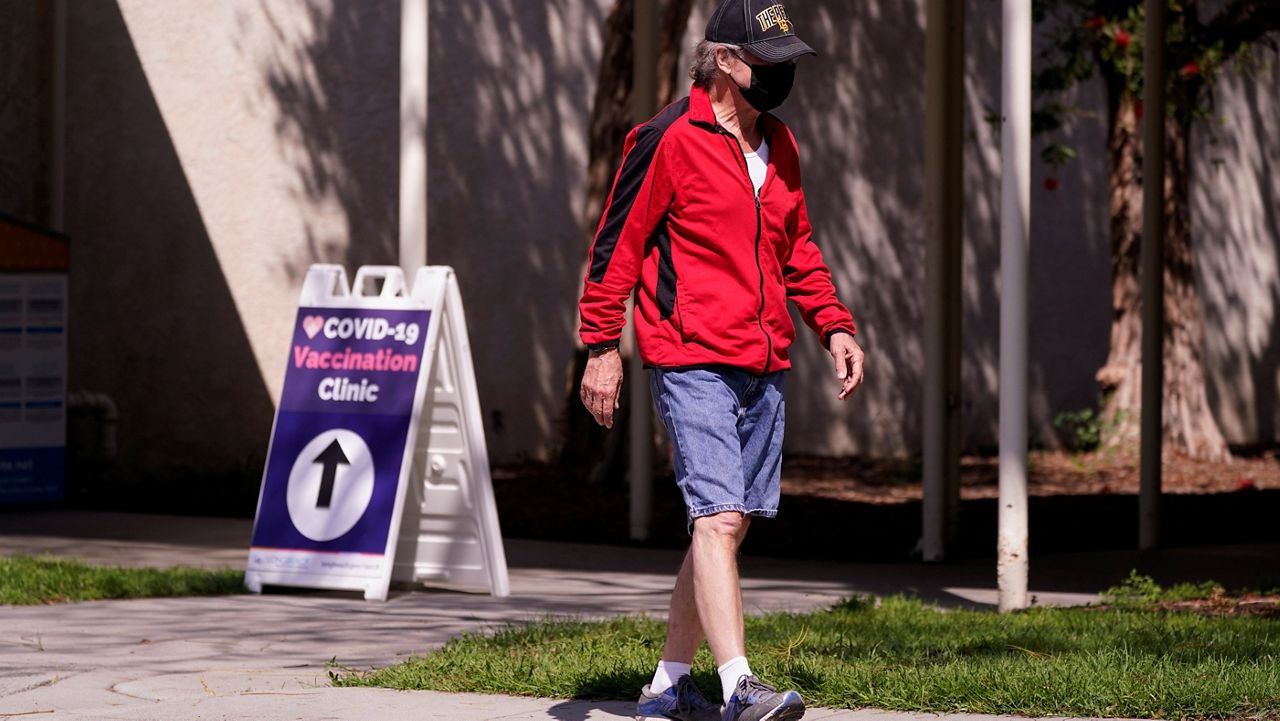The Food and Drug Administration and Centers for Disease Control and Prevention on Wednesday signed off on updated COVID-19 boosters for children between the ages of 5-11, clearing the way for the younger group to bolster their protection against the coronavirus.
The new bivalent vaccines protect broadly against COVID-19 while also specifically targeting the omicron variant BA.4 and BA.5 lineages, which are the dominant strains of the coronavirus in the U.S., according to the CDC.
"Updated COVID-19 vaccines add Omicron BA.4 and BA.5 spike protein components to the current vaccine composition, helping to restore protection that has waned since previous vaccination and targeting recent Omicron variants that are more transmissible and immune-evading," the CDC explained.
The vaccine from Moderna is authorized as a booster dose for children as young as six, while the shot from Pfizer-BioNTech is authorized for kids as young as five.
"Since children have gone back to school in person and people are resuming pre-pandemic behaviors and activities, there is the potential for increased risk of exposure to the virus that causes COVID-19," said Peter Marks, director of the Center for Biologics Evaluation and Research at the FDA. "Vaccination remains the most effective measure to prevent the severe consequences of COVID-19, including hospitalization and death."
"While it has largely been the case that COVID-19 tends to be less severe in children than adults, as the various waves of COVID-19 have occurred, more children have gotten sick with the disease and have been hospitalized," Marks added. "Children may also experience long-term effects, even following initially mild disease. We encourage parents to consider primary vaccination for children and follow-up with an updated booster dose when eligible."
In a statement, the CDC said that the actions they and the FDA took are "critical next steps forward in our country’s vaccination program—a program that has helped provide increased protection against severe COVID-19 disease and death."
“We want to have the best of both worlds,” Pfizer’s Dr. Bill Gruber, a pediatrician, told The Associated Press. He hopes the updated shots will “re-energize interest in protecting children for the winter.”
The updated boosters are “extremely important” for keeping kids healthy and in school, said Dr. Jason Newland, a pediatric infectious disease specialist at Washington University in St. Louis.
Parents should know “there is no concern from the safety perspective with the bivalent vaccines, whether Moderna or Pfizer,” Newland added.
Only people who’ve gotten their initial vaccinations qualify for an updated booster, meaning about three-fourths of Americans 12 and older are eligible. As of last weekend, only at least 13 million had gotten an updated booster, White House COVID-19 coordinator Dr. Ashish Jha estimated Tuesday.
To pediatricians’ chagrin, getting children their first vaccinations has been tougher. Less than a third of 5- to 11-year-olds have had their two primary doses and thus would qualify for the new booster.
This age group will get kid-size doses of the updated booster — and they can receive it at least two months after their last dose, whether that was a primary vaccination or an earlier booster, the FDA said.
Pfizer said it could ship up to 6 million kid-sized doses within a week of authorization, in addition to ongoing adult-dose shipments.
Until now, Moderna’s updated booster was cleared only for adults. Wednesday's FDA action authorized the booster for teens as well as children as young as age 6.
The FDA cleared the COVID-19 booster tweaks without requiring human test results -- just like it approves yearly changes to flu vaccines. That’s partly because both companies already had studied experimental shots tweaked to target prior COVID-19 variants, including an earlier omicron version, and found they safely revved up virus-fighting antibodies.
“It's clearly a better vaccine, an important upgrade from what we had before,” Jha said earlier this week.
Jha urged adults to get their updated shot in October — like they get flu vaccinations — or at least well before holiday gatherings with high-risk family and friends. People who've recently had COVID-19 still need the booster but can wait about three months, he added.





